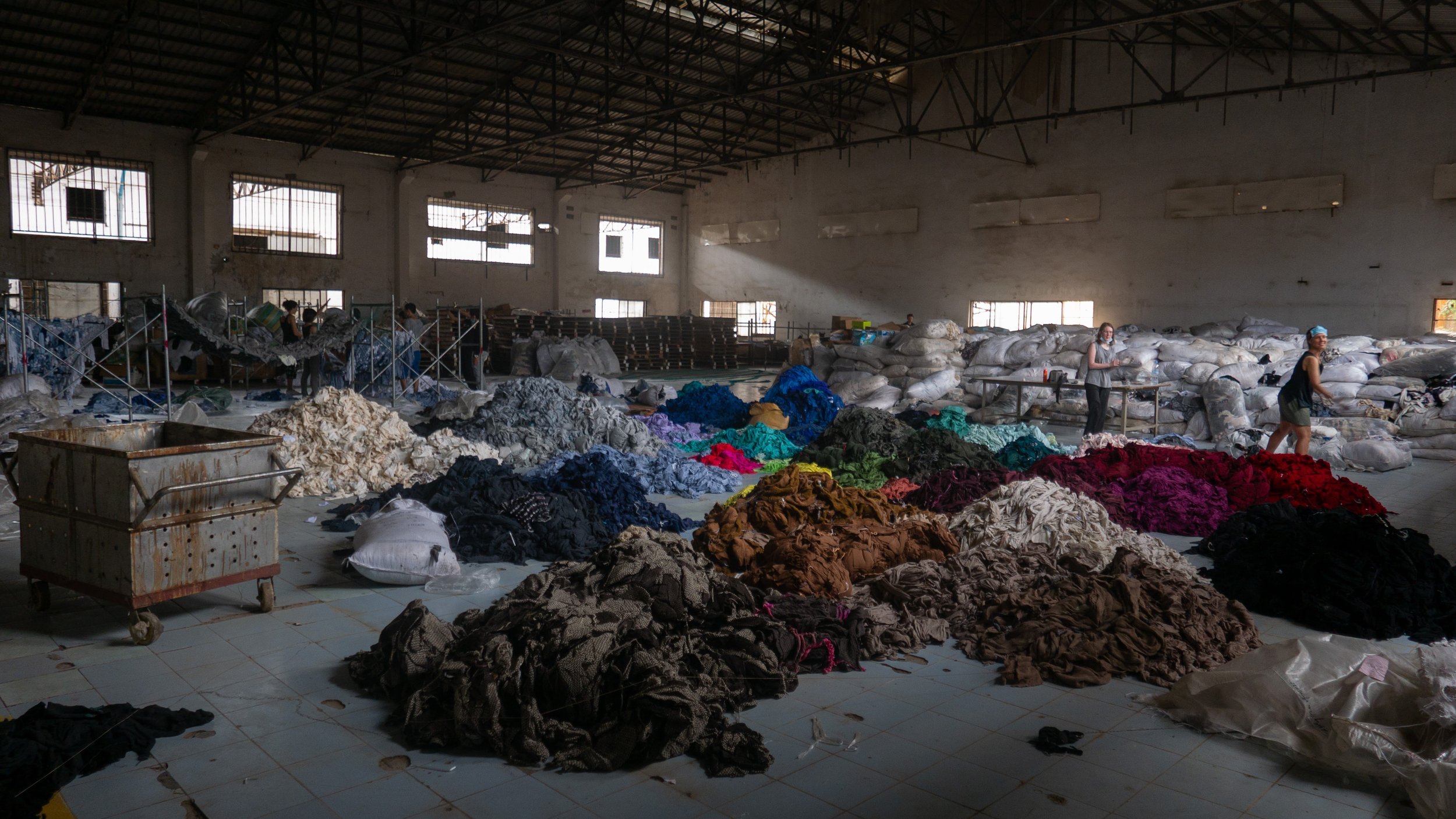Sustainability!…what is it??
As I tell my clients…friends, family, pretty much anyone who will listen; there is no industry more filled with smoke and mirrors than the fashion industry. There are a million ways to trick consumers with words because the fashion industry is global, therefore it is impossible to create a legal standard.
The word “Sustainable”, is thrown around and crammed down our throats. But what actually is it?? Is the material sustainable? Is the production sustainable? Is the business model sustainable? Is it all sustainable? WHICH PART SHOULD WE CARE ABOUT!?!? H&M claims sustainable production and yet we know it’s not. Some of the bigger brands claim the material they use is obtained sustainably, yet the products are made in China, the biggest carbon machine on the planet, and sent around the world via plane train and automobile. It seems like we take one step forward and 5 steps back.
A few of the ways companies lie/bamboozle you
“Made in____” as a selling point. Legally, the last country of production is the country of Origin. Many of the top brands, Tom Ford, Gucci, Ralph Lauren, sell you a suit “Made in Italy”, while the sleeves were made in China, the body made in Bangladesh, and they were shipped to Italy to be sewn together and boom.. Made in Italy. Levi and others promote being an “American Based” company, or something being “designed” in America. Then its made overseas.
Tags: Some fast fashion brands, H&M/Zara, will sell you a T shirt and the tag will say “ethically made using sustainable products”…the TAG was made that way. The T shirt is straight plastic, but they never said the shirt was so its okay.
Labor: this is sadly the “thoughts and prayers” of fashion. No matter how many times we jump and scream about sweat shops, people don’t care and support fast fashion either way. Cheap isn’t cheap, there are human costs, there are environmental costs, if something is cheap from a billion dollar organization, some human being is being ripped off.
But…again…what the hell does that word actually mean?
The goal of a company promoting sustainability: is to show you to make and sell the product, using the fewest amount of steps, without cutting corners, using materials obtained from ethical sources, and distributed in a way that do not destroy the environment.
What is Bards doing that’s sooooo sustainable?
Production: We were determined to utilize American manufacturing from the beginning. We didn’t do this out of a sense of “rah rah America is the best”, we did it because there is very real talent here and we can lead the charge on branding “Made in America”, as a luxury garment again. The workers in our tailor shop are all paid salary and live in NYC. We were lucky enough to be based in CT, and find a tailor in Brooklyn for clothing, a shirt maker in New Jersey, and Knitwear manufacturer in Brooklyn.
Inventory: Our model is known as On-Demand clothing, nothing exists until you order it. We do not have an agenda of selling you this season’s hottest trends, aka, the crap load of stuff we paid for months ago and need to offload at whatever discount we can. There is enough STUFF in this world, we want you to buy with intention, and we knew we could build you a wardrobe piece by piece. Also the pieces are made for you, which reduces any wasted fabric
Fabric: Our number one source of fabric is a milled in Connecticut. Which means the fabric only travels a few miles between Mill > Tailor > Client. We fully admit, and promote, that we work with some of the best mills around the world; Dormeuil. Kiton, Cerruti, and some of those fabrics need to be ordered. When possible, we work with our tailor to bulk buy with other makers and bring the environmental costs down. We also shop local suppliers who have already bought fabric from those mills.
Delivery: Our shirts and Knitwear are shipped to CT, but almost all orders are delivered by Matt, who drives a 2011 Chrysler 300 that sounds like a jet engine. There is no fancy Bards-mobile (dream), we don’t ship the shirts, then the suit, then the this or that. We keep time on the road as low as possible.
The point being, as consumers, and we are guilty of it too, we just want lazy shopping. We want to be told its okay and just buy it. But a slight inconvenience of doing some fact checking can save the planet in the long run, especially when we are talking about one of the most wasteful, destructive, and profitable industries on the planet.
Below is an episode of Hasan Minhaj’s show “Patriot Act”. He brilliantly displays almost all the atrocities of fast fashion. Rather than binging 5 episodes of your favorite show, just watch this one episode and tell me how you feel afterward.

